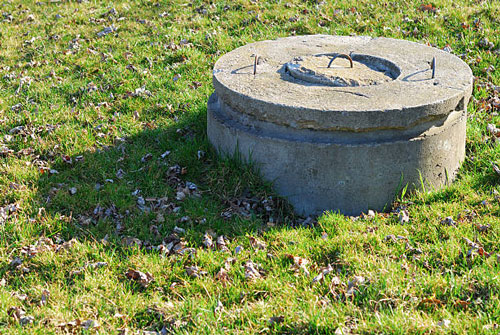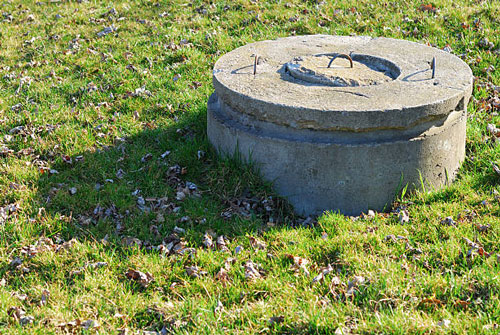If you have a private well, it is important to understand that your water source is not regulated by the U.S. Environmental Protection Agency (EPA) like other public water sources. This means that you are solely responsible for monitoring and testing your water supply to ensure it is safe for drinking and other household uses. Testing your water can help ensure that it has proper levels of bacteria, minerals, and contaminants. Read on to learn more about why testing your well water should be part of your regular home maintenance routine.
What Should I Test For?
When testing your well water, there are several things you should look for. The most common tests include bacteria (such as E. coli), nitrates/nitrites, lead, arsenic, and pH levels. These tests will help determine if there are any contaminants or other issues with your well water that could affect its safety or quality. It is also important to check the hardness level of your water as this can affect how often you need to change certain filters in your home’s plumbing system.
How Often Should I Test?
It is recommended that homeowners test their private wells at least once per year. This should be done either before or just after the rainy season begins in order to ensure accurate results and prevent contamination due to floods or other weather-related events. Additionally, if you notice any changes in the taste or odor of your drinking water between annual tests, then it may be necessary to have an additional test performed by a certified lab technician.

What Happens if My Water Tests Positive for Contaminants?
If your test results come back positive for any contaminants or other issues, then it is important that you take steps to address them right away. Depending on the type of contaminant present in the water, you may need to install a filtration system or switch out different types of pipes throughout your home’s plumbing system in order to make sure all drinking and bathing water is safe for consumption and use by family members and pets alike.
Water Treatment Options for your Private Well
If you have your own private well, it’s important to make sure that the water you are consuming is safe and in compliance with health standards. Water treatment options are available to keep your well clean and maintain its quality. There are many different treatment systems that can be used, such as whole house filtration systems, ultraviolet filtration, water softeners, and reverse osmosis. Whatever the size of your well, you can find the right treatment system that fits your needs. Having a purification process in place is beneficial if you want to enjoy unpolluted water from your own source–it will give you plenty of peace of mind.
Test Your Private Well Water with Atlantic Blue Water Center
Testing your private well water on a regular basis is essential for maintaining its safety and protecting yourself and your family from any potential pollutants in the water supply. Not only does regular testing help identify any issues early on, but it also helps ensure that any necessary repairs or maintenance are taken care of quickly before they become more serious problems down the line. Whether you opt for test strips or professional lab testing, make sure you stay on top of your annual checkups so you can rest assured knowing that the water coming out of your tap is safe for consumption! Atlantic Blue Water Center provides free water testing and can give you peace of mind that your water is safe to consume. Contact us at 410-751-9200 to schedule your test!

